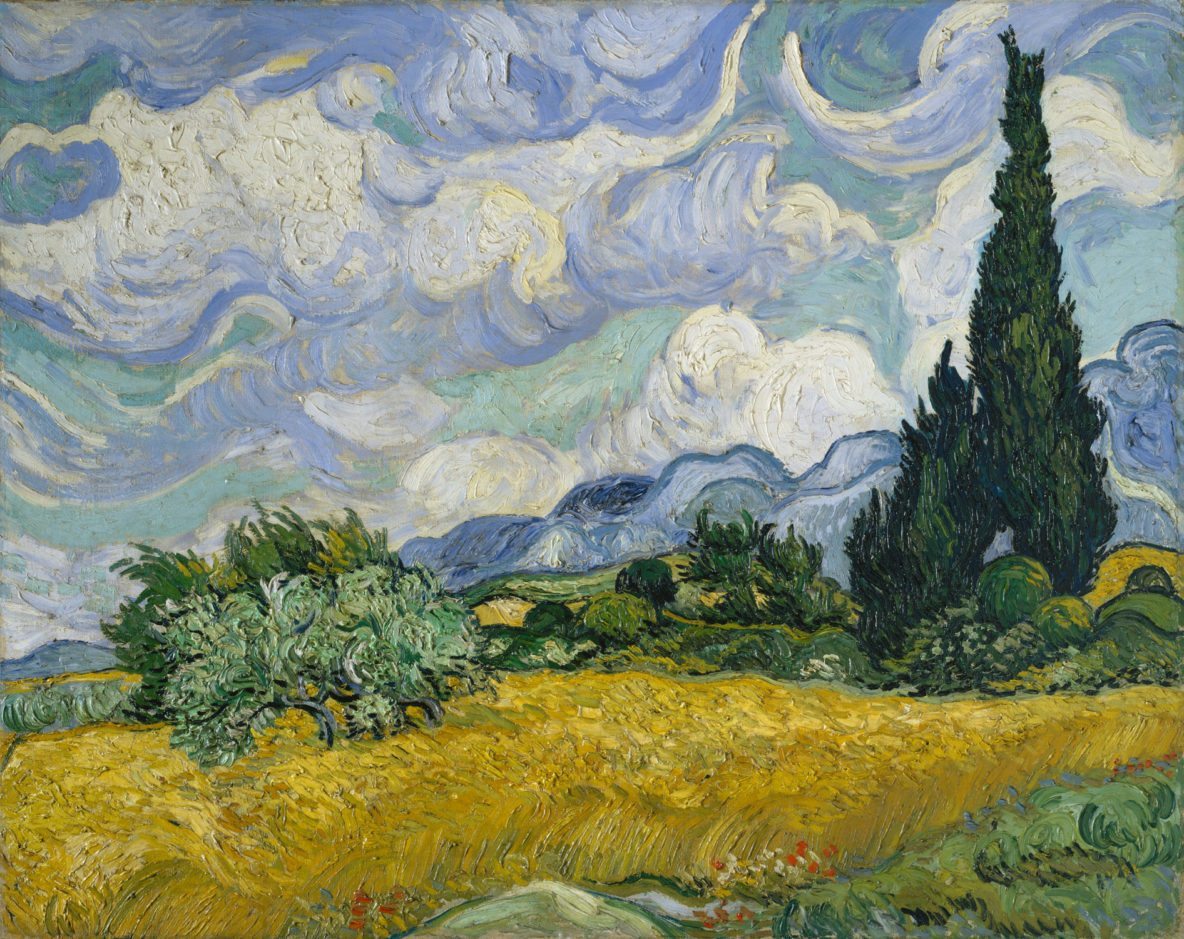She awakens very early with an extremely happy hopeful attitude. She is excited to tackle the day but before the day really begins, she starts to feel restless and irritable. Her speech becomes rapid and her increased energy makes concentration difficult. As the day progresses, she makes plans that are unrealistic and unachievable by most accounts. Her impulsivity leads to poor judgment and by evening she self-medicates the anxiety with alcohol. By night fall the excessive energy has completely disappeared leaving her listless and physically dysfunctional. Sadness, hopelessness and worthlessness push her into a dejected state of mind followed by uncontrollable crying. Her appetite is gone. There is nothing to do now except to sleep; perhaps for days on end. She suffers from bipolar disorder, also known as manic depression.
Bipolar disorder differs from depression but is included in the list of depressive disorders because the extreme low moods meet the criteria for major depression. A term used frequently to describe the condition is bipolar depression. However, a person with bipolar depression will also experience very high euphoric moods called mania. These extreme mood swings make it nearly impossible for a person with bipolar depression to enjoy a balanced fulfilled life.
Like many mental illnesses, no definitive cause has been determined for bipolar depression. However, genes, family history, brain structure and function, and stress are all suspected. The disorder begins, in most cases, in late adolescence or early adulthood. While both men and women are equally diagnosed with the illness, women tend to stay depressed longer than men.
Diagnosis must be made by a doctor or licensed mental health care provider. Diagnosis may be difficult as bipolar disorder mimics other mental health illnesses such as psychosis, anxiety disorder or ADHD (attention-deficit hyperactivity disorder). Substance abuse may play a part and if drugs or alcohol are being misused, friends and family may mistake bipolar disorder symptoms for substance abuse.
Medications are the primary treatment for bipolar disorder and include mood stabilizers, antipsychotic drugs and antidepressants. In some cases, a combination of these medications is prescribed. The various types of medications and their effects can be fully explained by a licensed psychiatrist.
Psychotherapy or talk therapy is another treatment and is often combined with medication. Families and patients may receive support and education as they learn how to manage the illness. Talk therapy strategies include CBT (cognitive behavioral therapy), family therapy as well as personal and social therapy.
Some patients find it helpful to maintain a “life chart.” Working closely with a mental health profession, the chart allows the patient to document changes in moods as these changes relate to life events, sleep patterns and medications. Triggers may be recognized. Additionally, the effectiveness (or ineffectiveness) and side effects of various medications may catalogued.
The effects of bipolar disorder can be dangerously disruptive to the patient, family and friends. If severe enough, relationships may be damaged if not destroyed, jobs may be lost, school performance may decline and patients may even consider suicide. If a person is believed to suffer from bipolar disorder, they should contact their doctor and or a mental health professional immediately. Professionals will provide a diagnosis, treatment plan as well as guidance and support for the patient to return to a more productive functional life.
Copyright © 2015 Directory for Therapists

